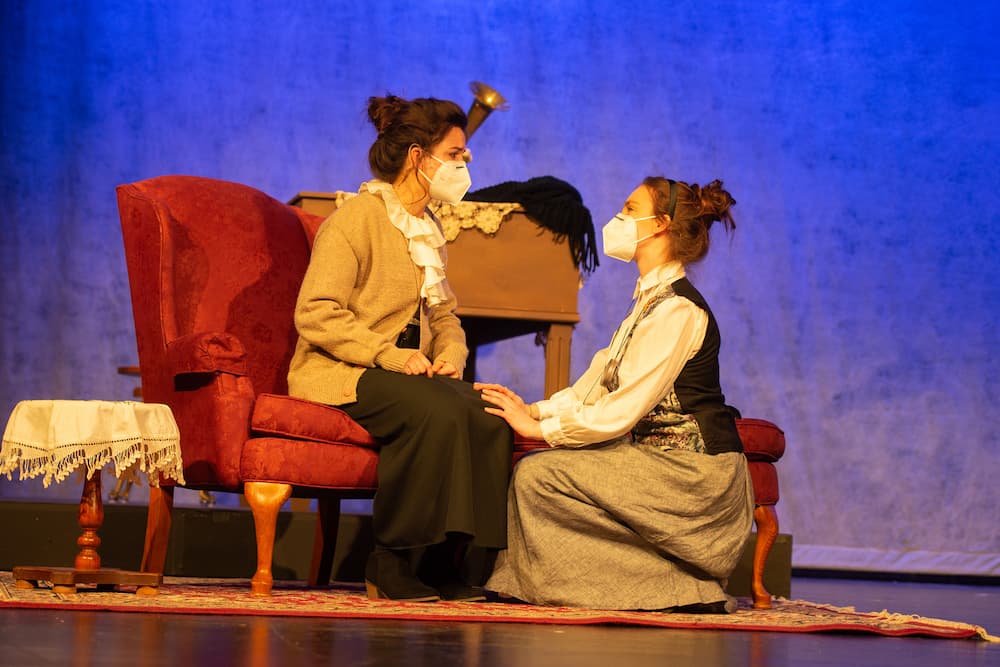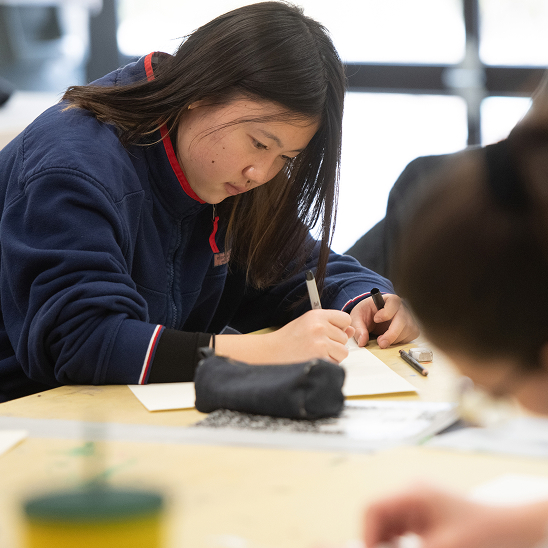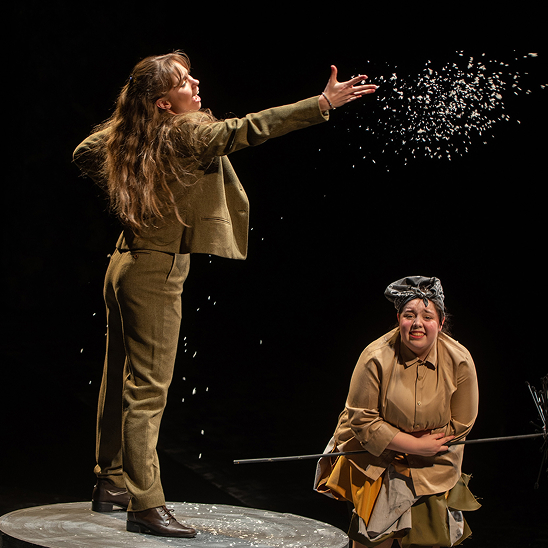

Director’s Note
Lauren Gunderson has written a beautiful story that not only recognizes the astronomer Henrietta Leavitt’s achievements, but also celebrates the curiosity, wonder and reverence she held for our universe. It also gives us a glimpse of the patience and persistence needed within her field, as a woman in 1900.
Henrietta was a real woman who, along with her peers – Williamina Fleming and Annie Cannon – made significant discoveries that led to our knowledge of the stars. Please read up on these fantastically brilliant, barrier-breaking women after this production.
Leavitt found that she could accurately and consistently relate the period of a given star’s brightness cycle to its absolute magnitude. The discovery of this simple and unknown relationship made it possible, for the first time, to calculate their distance from Earth. Henrietta Leavitt had just become, in the words of George Johnson, author of the book Miss Leavitt’s Stars, ‘the woman who discovered how to measure the Universe’.
– G. Mariani, Henrietta Leavitt - Celebrating the Forgotten Astronomer
This show is dedicated to Jim Brueggeman, a senior engineer on the control systems of the International Space Station and my uncle. Mar. 1939-Nov. 2020
Rachel Jantzi, director
Among the music selections you will hear this evening are songs from the time the play is set. We chose music written by composers whom Margaret, as a composer, would have known: Robert Schumann, Claude Debussy, Edward MacDowell and Gustav Mahler. In addition, we specifically chose music written by two women: Clara Schumann and Fanny Mendelssohn Hensel. Finally, several of the vocal selections mention love, how nature reflects human emotion and the beauty and mystery of night skies — common themes in the music of the 19th and early 20th centuries.
Holly Swartzendruber, music director



